In 2016, America was forced to comprehend the possibility that their media could be hijacked and their elections could be rendered meaningless. It was a hard moment, a moment some have not yet gotten over. But it wasn’t quite the invasion it was made out to be, and there has been a concerted, albeit inconsistent, effort within the media industry since to not propagate misleading news and propaganda.
But what does one do when you aren’t living in the western world with access to blogs, websites, and cable news dedicated to correcting false news? What is one to do when your society has been expedited past a crucial phase of technological evolution, and you are instantly connected to the globe? What happens when giant corporations like Facebook are the only source for these developing places because Facebook is the only one willing to invest in such developing places?
These are serious questions that we, as America, as the West, as the Free World, as the people who opened this Pandora’s box, have to consider.
Many places in the world have skipped an entire portion of the technological revolution that many westerners look back on as their boring adolescent years of small bandwidth and dial-up. Some parts of the world have gone from television broadcasts via airwaves to smartphones in their pockets and skipped a whole phase that the western world went through.
America tells itself it is barely able to survive this cultural transition that changed the way we communicate and consume information and entertainment. How well are less developed and even third world countries expected to handle this miracle or vice, depending on one’s perspective, of technology?
The impact of social media, and more specifically Facebook, on the 2016 U.S. election wasn’t mentioned until after it was all over, but the scope of its impact is significant, though overstated. Imagine Facebook operating with zero competition. Its impact on that society would be massive. In places like Myanmar, Facebook isn’t just your social media of choice, it’s your access to the internet via your phone. This CBS special explains the situation very well.
This media construct fed the crisis that sprang from Bangladesh and then blew back on their border when violence broke out between the Myanmar military and the Rohingya Muslim minority. The same exact thing is happening in Sri Lanka where last month CNBC reported that
“by forcing internet service providers to pull the plug on Instagram, WhatsApp and Facebook, the government there hopes to stem the spread of hate speech and fake news it blames for attacks on the country’s Muslim minority.”
This is not an optimistic trend for the Facebook brand or free speech in general. What can we expect in places that are even farther behind in technological development like Africa, whose people still don’t have readily available social media? Africa is currently experiencing a blitz in recruitment from Al-Qaeda, as foreign powers seek to invest in cultivating natural resources like Russia and China, and Facebook will instinctively want to expand in those markets. If nothing changes, this pattern of extremism and violence all looks set to repeat itself.
This trend cannot just be written off as a Muslim minority phenomenon as Facebook will absorb a giant portion of the media market, of which only 2% is penetrated by broadband, that Nicaraguan President Ortega has shut down by closing televisions stations. People who have no television will rely on people who have access to Facebook. This is something the U.S. State Department mentioned specifically about Nicaragua after the news of a reporter killed using Facebook Live broke.
Facebook didn’t cause these conflicts, but it is driving actions and public sentiments that go well beyond the political punchline it has become in American politics. Whether the West likes it or not, freedom of speech is now tied to social media, and that symbol is taking a global beating.


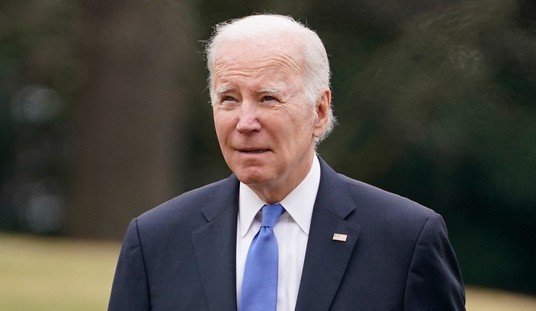
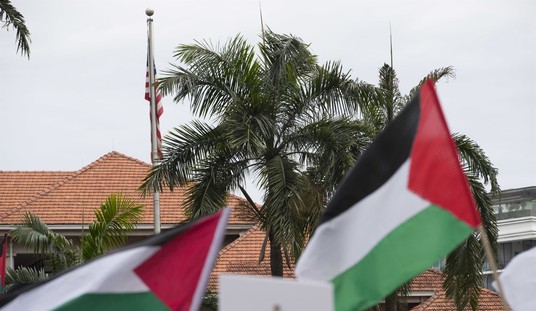

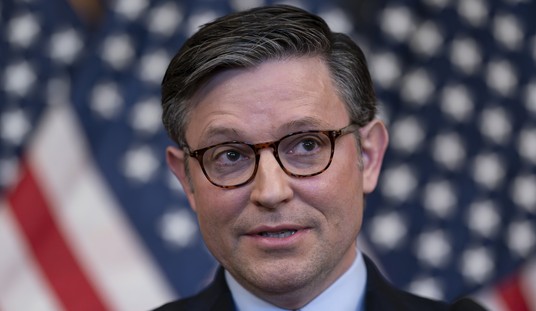



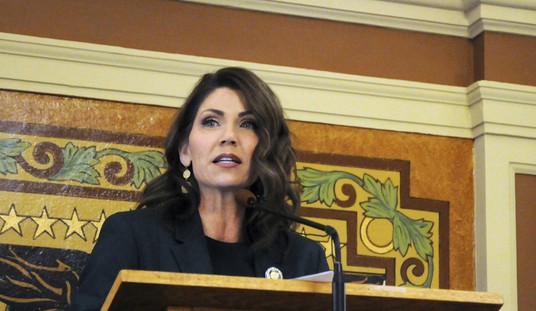
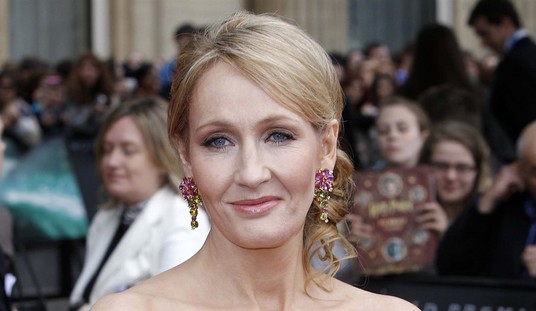
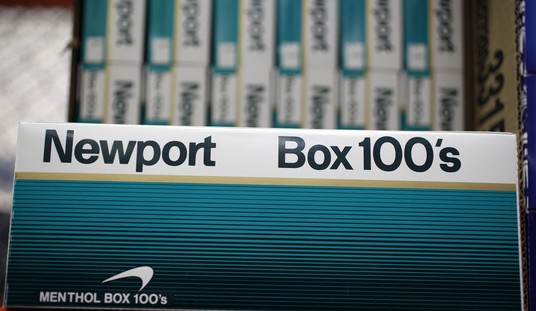
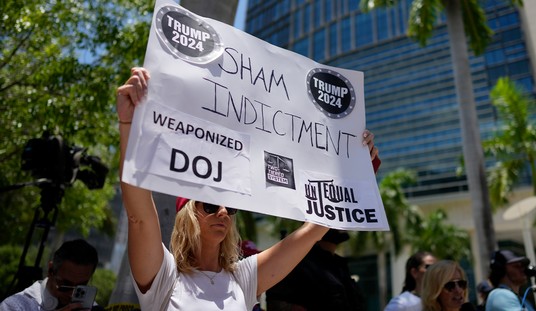
Join the conversation as a VIP Member